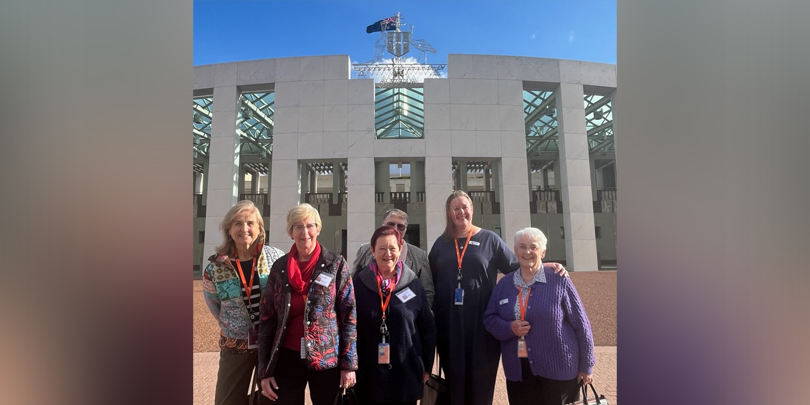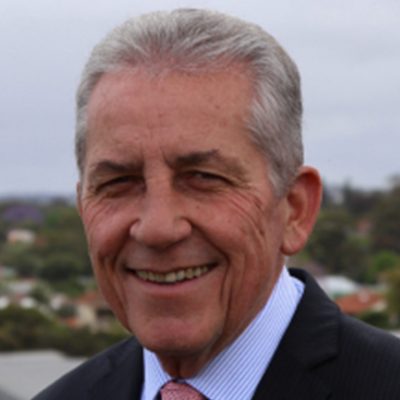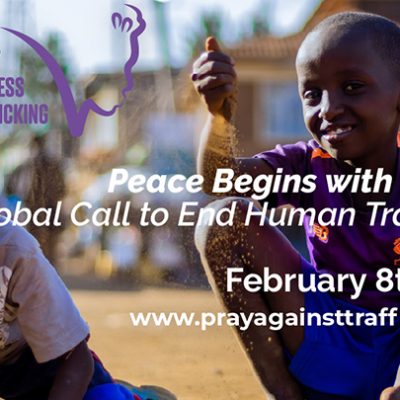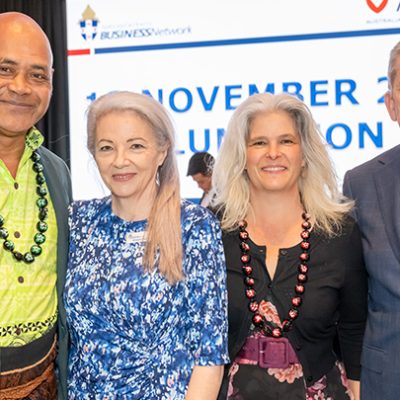
Australian Catholic Religious Against Trafficking in Humans (ACRATH) has marked two decades of mission this week by advocating at Parliament House for the rights of victim/survivors of modern slavery.
In 2005, a group of women – Sr Louise Cleary CSB, Sr Margaret Ng RSJ, Sr Tania de Jong RGS and Sr Pauline Coll SGS, gathered to discuss the global tragedy of modern slavery and reports of people being trafficked into Australia for sex work and other forms of exploitation.
Two decades later, ACRATH continues to accompany victims/survivors, advocate for their rights, educate the community, and raise awareness of human trafficking and modern slavery within Australia and globally.
ACRATH members Judy Lamb and Marg O’Shea were among those who went to Parliament House to advocate for change.
“We learnt that in the corridors of power, along with the voices of many others, the ACRATH voice could be heard,” they said in a statement.
“The experience of participating in advocacy gave us a sense of hope that systemic change may occur. It was enlightening, enriching and informative”.
This year, ACRATH’s representatives at Parliament House called for:
- A national compensation scheme for victims/survivors of modern slavery,
- Increased protections for workers participating in the PALMS, the Pacific Australia Labour Mobility Scheme, from unscrupulous operators who engage in exploitative practices, and
- Changes to the Human Trafficking Visa Framework to ensure it meets its intended purpose – providing adequate protection and support for survivors of human trafficking, slavery, and slavery-like practices.
ACRATH remains committed to the future and the milestones achieved with partners, including the introduction of the Modern Slavery Act, the establishment of Anti-Slavery Commissioners, an additional pathway for victim/survivors into the Support for Trafficked People Program and pioneering work on forced marriage, in collaboration with Anti-Slavery Australia.
FULL STORY
20 years of commitment to human trafficking and modern slavery awareness and action (ACRATH)






